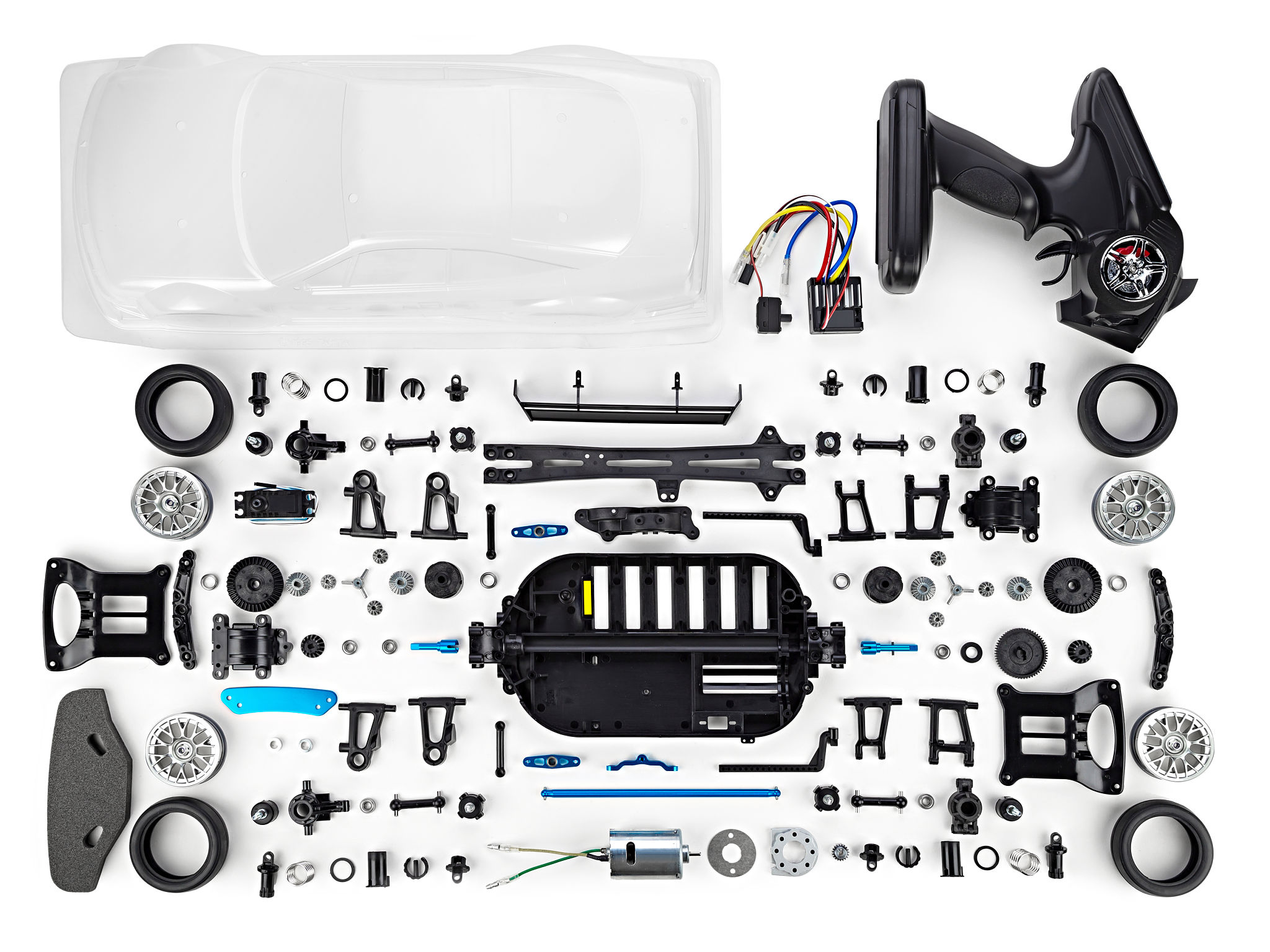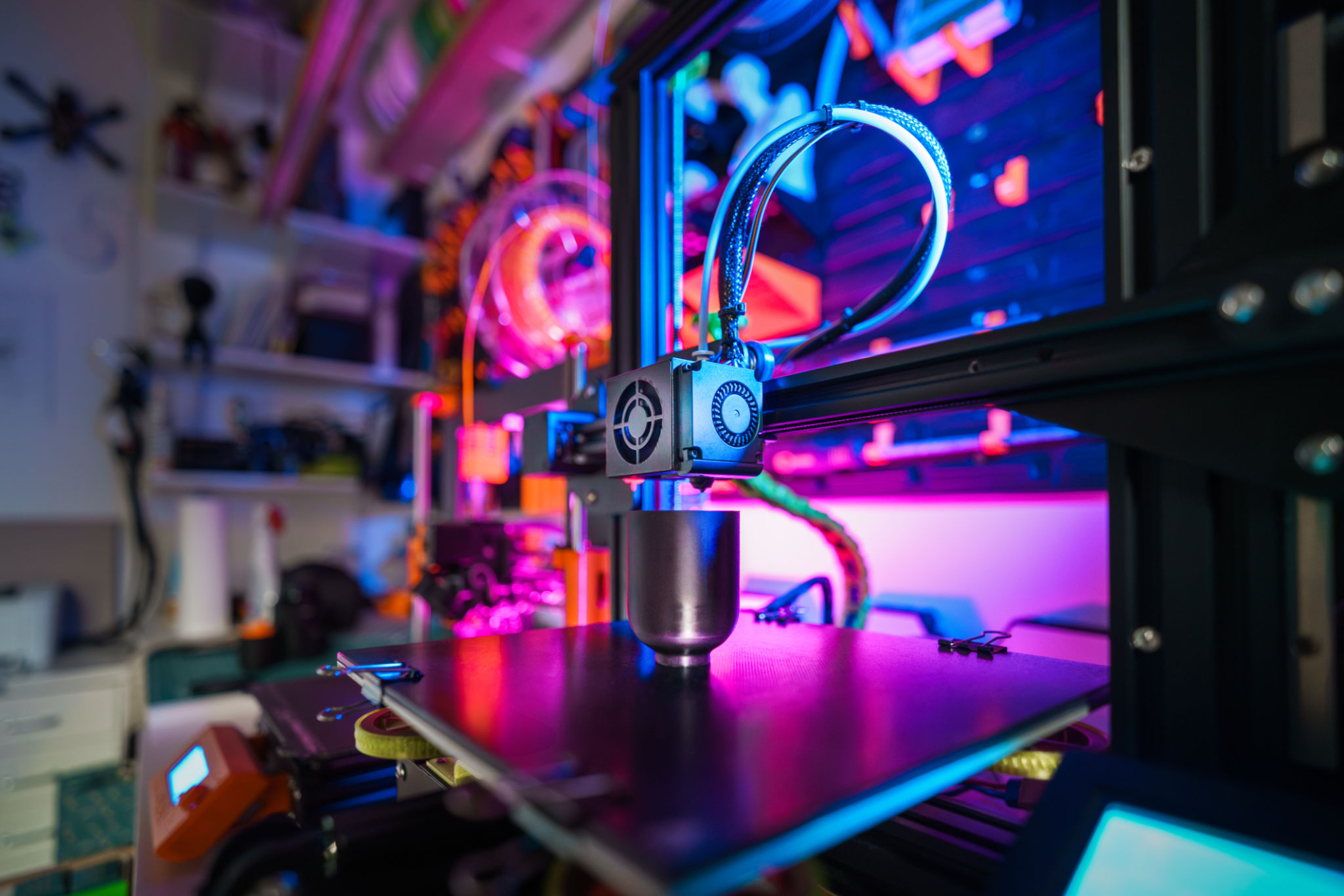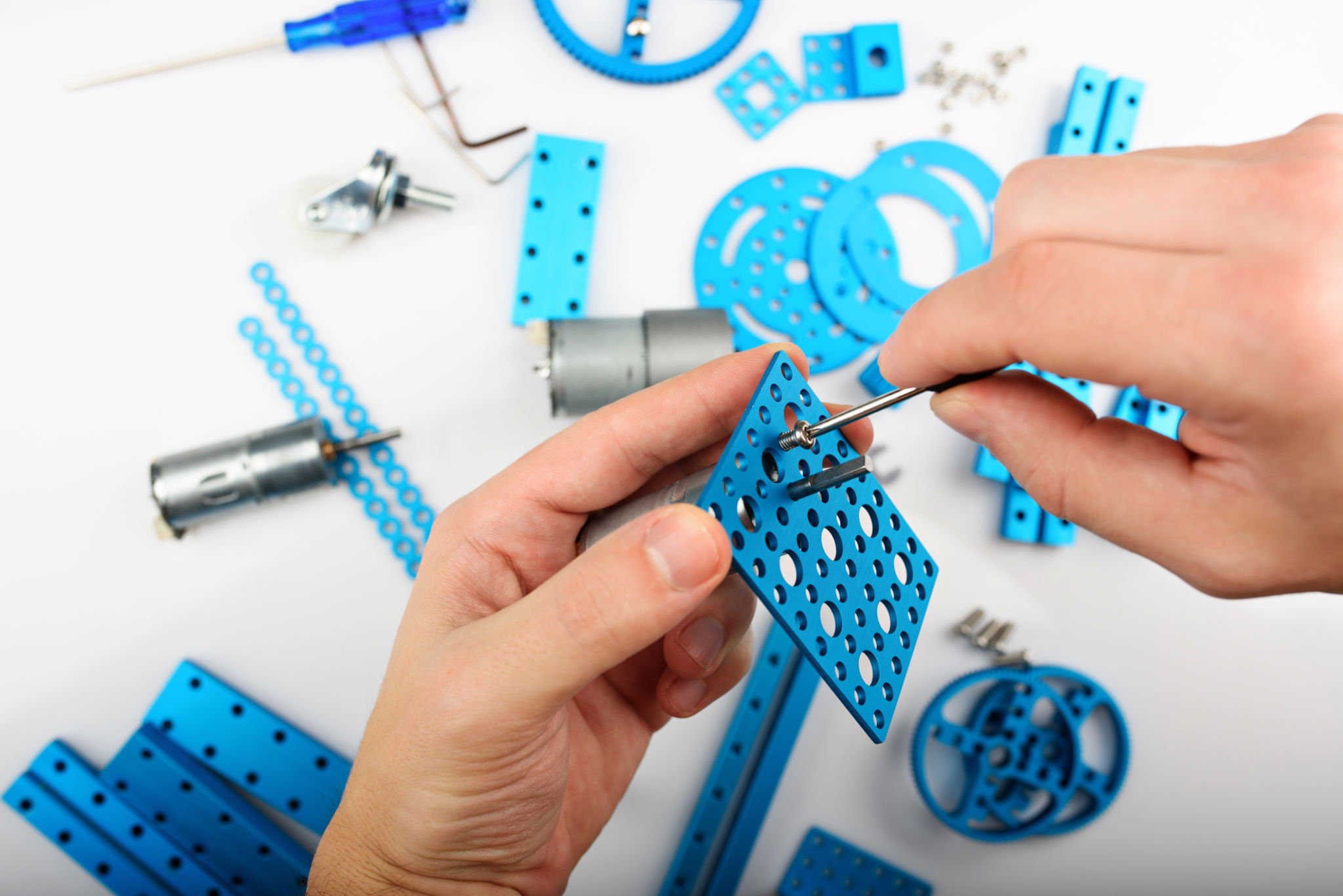Case Study: Success Stories from RC Model Enthusiasts in Hungary
Introduction to RC Model Enthusiasm in Hungary
Remote control (RC) modeling is more than just a hobby; for many enthusiasts in Hungary, it is a passion that has brought success and innovation. From intricate aircraft to powerful cars, these models captivate the imagination and challenge the skills of their creators. In this case study, we explore some inspiring success stories from Hungary's RC model community.

The Rise of RC Modeling in Hungary
Over the past decade, RC modeling has seen a significant rise in popularity across Hungary. This growth can be attributed to the increasing accessibility of technology and a vibrant community that supports newcomers. Clubs and online forums have become hubs for sharing knowledge and fostering friendships, making it easier for enthusiasts to connect and collaborate.
One standout example is the Budapest RC Club, which has grown from a small group of hobbyists to a large organization hosting national competitions. These events have become a platform for showcasing talent and innovation, drawing participants from across the country.

Successful Projects and Innovations
Hungarian RC model enthusiasts are not just participants; they are innovators. Take, for instance, the development of a solar-powered RC airplane by a team of university students. This project not only demonstrated technical prowess but also emphasized sustainability, earning them accolades both locally and internationally.
Another remarkable project is the creation of a fully functional scale model of a World War II tank. This labor-intensive endeavor involved meticulous research and craftsmanship, resulting in a model that is both historically accurate and operationally impressive.

Community Impact and Collaboration
The RC modeling community in Hungary is characterized by its collaborative spirit. Enthusiasts often work together on projects, sharing resources and expertise. This collaboration extends beyond national borders, with Hungarian modelers frequently participating in international forums and competitions.
One notable collaboration involved an international team working on a record-setting RC speedboat. Combining skills from various disciplines, the team successfully achieved a new speed record, showcasing the power of teamwork and shared passion.
Challenges and Overcoming Them
Despite these successes, RC model enthusiasts face challenges such as limited resources and technical hurdles. However, the community's resilience and creativity have led to innovative solutions. For example, 3D printing technology has been embraced to produce complex parts more efficiently and affordably.
Moreover, online tutorials and workshops have become invaluable tools for education, helping enthusiasts overcome technical barriers and expand their skills.

The Future of RC Modeling in Hungary
The future of RC modeling in Hungary looks promising, with continued advancements in technology and growing community support. As more people discover the joys of this hobby, new talents emerge, bringing fresh perspectives and ideas.
Educational institutions are increasingly recognizing the potential of RC modeling as an educational tool. By incorporating it into their curriculums, schools are encouraging students to explore engineering principles and foster creativity.

Conclusion
RC model enthusiasts in Hungary have demonstrated that passion, innovation, and collaboration can lead to remarkable achievements. Their success stories serve as an inspiration for hobbyists worldwide, proving that with dedication and teamwork, the sky is truly the limit.
